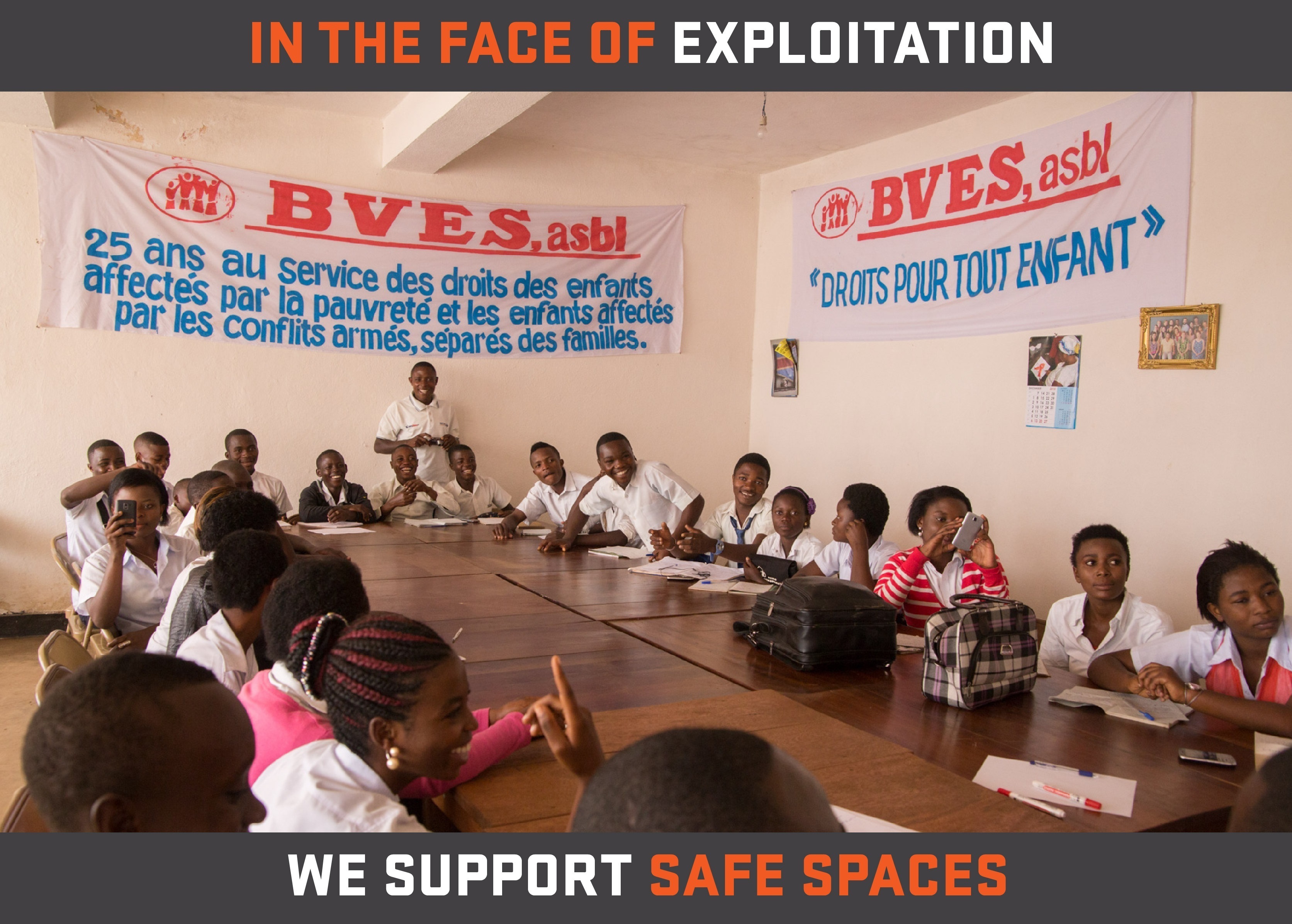This article was published more than 8 years ago.

How do you access a remote jungle where groups of armed men have children in their ranks?
This is the question Murhabazi Namegabe faces each day working in the Democratic Republic of the Congo (DRC).
In a country where tens of thousands of children are forced to be rebel soldiers or slaves, Fund grantee BVES represents a group of human rights defenders who work tirelessly to rescue and rehabilitate children whose futures have been stolen from them.
The work is incredibly dangerous, but the real risk? Countless lost futures.
Leaving from the city of Bukavu, Murhabazi and several aid workers make the hour and a half trek through rural terrain to an area where they know children are being forcibly held. Huddled in their weathered truck, they traverse roads filled with potholes and cracks—if they are lucky enough to have any road to travel on.
Reaching the outskirts of the jungle, Murhabazi parks his truck and hikes through the thick bush until he finds the latest camp of armed rebels. After hours of tense negotiation, at times under gunpoint, Murhabazi emerges from the jungle with children by his side. Once they reach BVES’ center, the youth will have a chance at being reunited with their families, and reintegrated into society.
And to think, this rescue wouldn’t have been possible because of a tax that was holding BVES’ truck at the customs stop.
Murhabazi and his organization BVES were set to receive a new truck that would allow them to safely travel across the country to rescue child soldiers held by rebel armies. The tool would enable them to access difficult to reach areas, and scale up their operations. However, BVES learned that the truck had been held up at customs, with the government imposing a nearly $6,000 duty tax on the vehicle—an almost impossible amount of money.
$6,000 stood in the way of the release of child soldiers this year.
But with the help of an emergency grant from the Fund for Global Human Rights, Murhabazi was able to pay the import tax and immediately put the truck to work—transporting another group of child soldiers out of the jungle and into safety. These children can now live, learn, and play as children again.


